

What Are Intestinal Parasites?
Intestinal parasites or worms are organisms that feed off of other organisms, like humans or animals.
The most common types of intestinal worms are flatworms and roundworms.
Flatworms include tapeworms and flukes, while roundworms cause ascariasis, pinworm, and hookworm infections.
- Tapeworm: Tapeworms are white, often growing to be multiple meters in length, and can live in humans for decades.
- Flukes: Fluke is a type of flatworm.
- Hookworms: These worms are spread through feces and infected soil.
- Pinworms (Threadworms): These are tiny worms that occur mostly in children.
- Trichinosis Worms: Trichinosis worms are roundworms that are often passed through animals. Consuming undercooked meat that may contain the larvae of these worms is one of the most common ways of getting infected.
Intestinal parasite infections may be quite hard to detect, and you may not even know if you are harboring these worms. Although most of the times, there are no symptoms, infected individuals may develop mild symptoms like the ones given below.
Signs And Symptoms of Human Intestinal Parasites
- Loss of appetite
- Stomach ache
- Nausea
- Weakness
- Fatigue
- Weight loss
- Anemia
A tapeworm infestation is likely to cause:
- Bumps
- Allergic reactions
- Fever
- Seizures
Flukes are likely to cause fever and fatigue.
Symptoms associated with hookworm infections include:
- Fatigue
- Itching skin
- Rashes
Pinworms may cause itchiness in or around the anal area, and you may also notice these tiny worms in your feces if you are infected.
Trichinosis worms can travel through your bloodstream and enter your tissues, thereby causing:
- Swelling of your face
- Fever
- Muscle tenderness
- Sensitivity to light
- Headaches
You may get infected by intestinal parasites in different ways. Some common risk factors and causes of developing human intestinal parasites are listed below.

Causes And Risk Factors Of Human Intestinal Parasites
You can become infected by human intestinal parasites by:
- Consuming undercooked meat
- Drinking contaminated water
- Coming in contact with contaminated soil, water, feces or some household utensils
- Poor hygiene and sanitation
Certain factors can increase your risk of getting infected with parasites. They are:
- Age: Children and older adults are more susceptible to parasitic infections because of weak immunity
- Living in areas with poor hygiene
You may become infected with intestinal parasites in the blink of an eye, in the most unpredictable way. However, sooner or later, symptoms will surface. If you have developed intestinal parasites, the following remedies can help in cleansing your intestines and getting rid of the parasites naturally and effectively.

1. Tea Tree Oil and Coconut Ozonated Oil
You Will Need
- 12 drops of tea tree oil
- 30 mL of coconut ozonated oil
What You Have To Do
- Mix 12 drops of tea tree oil with 30 mL of coconut ozonated oil.
- Massage the blend gently into your belly for a few minutes.
- You may also apply this mixture directly to your anus.
- Leave it on overnight.
How Often You Should Do This
You must do this once daily.
Why This Works
Tea tree oil is quite popular for its antimicrobial properties. One of its lesser-known ability is its potential to fight parasites. Applying the ozonated oil can help remove the parasites attached to your intestinal walls and expel them.

2. SWEET ALMOND OZONATED OIL
You Will Need
- 1 tablespoon of sweet almond ozonated oil
- 1 cup of hot water
What You Have To Do
- Mix a tablespoon of sweet almond ozonated oil with a cup of medium hot water.
- Sip on this solution slowly.
How Often You Should Do This
You must do this once daily for a few days.
Why This Works
Sweet almond ozonated oil can be an effective tool to lessen the population of intestinal parasites due to its strong laxative properties especially when bowel movements are less than twice a day. It enhances the secretion of intestinal mucus when taken with hot water, which, in turn, forces out bile along with the toxins and parasites.

3. Grape Seed Extract
You Will Need
- 1 tablespoon of grapeseed ozonated oil
- 1 glass of water
What You Have To Do
- Add 1 tablespoon of grapeseed ozonated oil to a glass of water.
- Mix well and consume immediately.
How Often You Should Do This
You must drink this solution 1 to 2 times daily.
Why This Works
Grapeseed ozonated oil contains oligomeric proanthocyanidin complexes ( OPCs). These impart antimicrobial properties to it that help in getting rid of the intestinal parasites


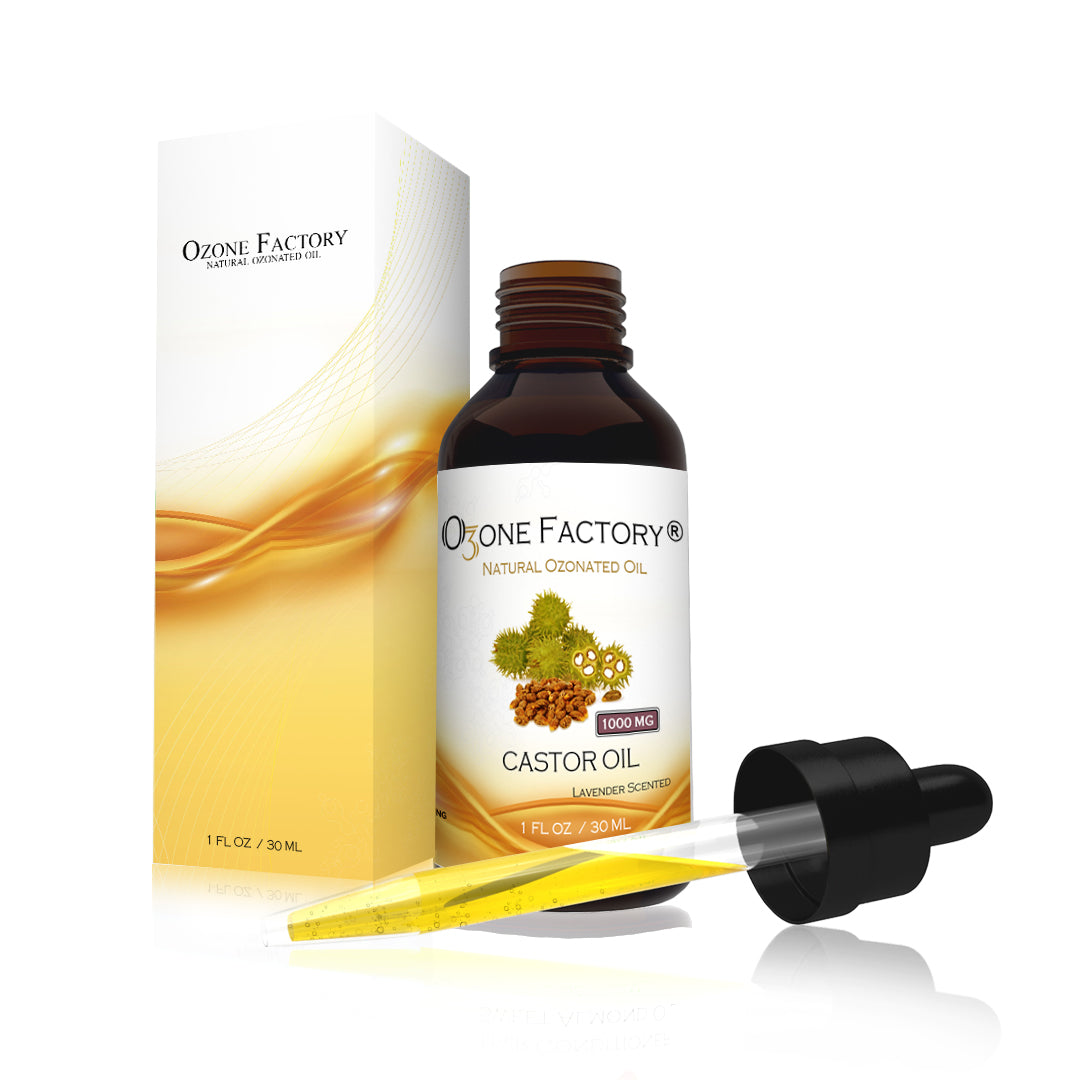
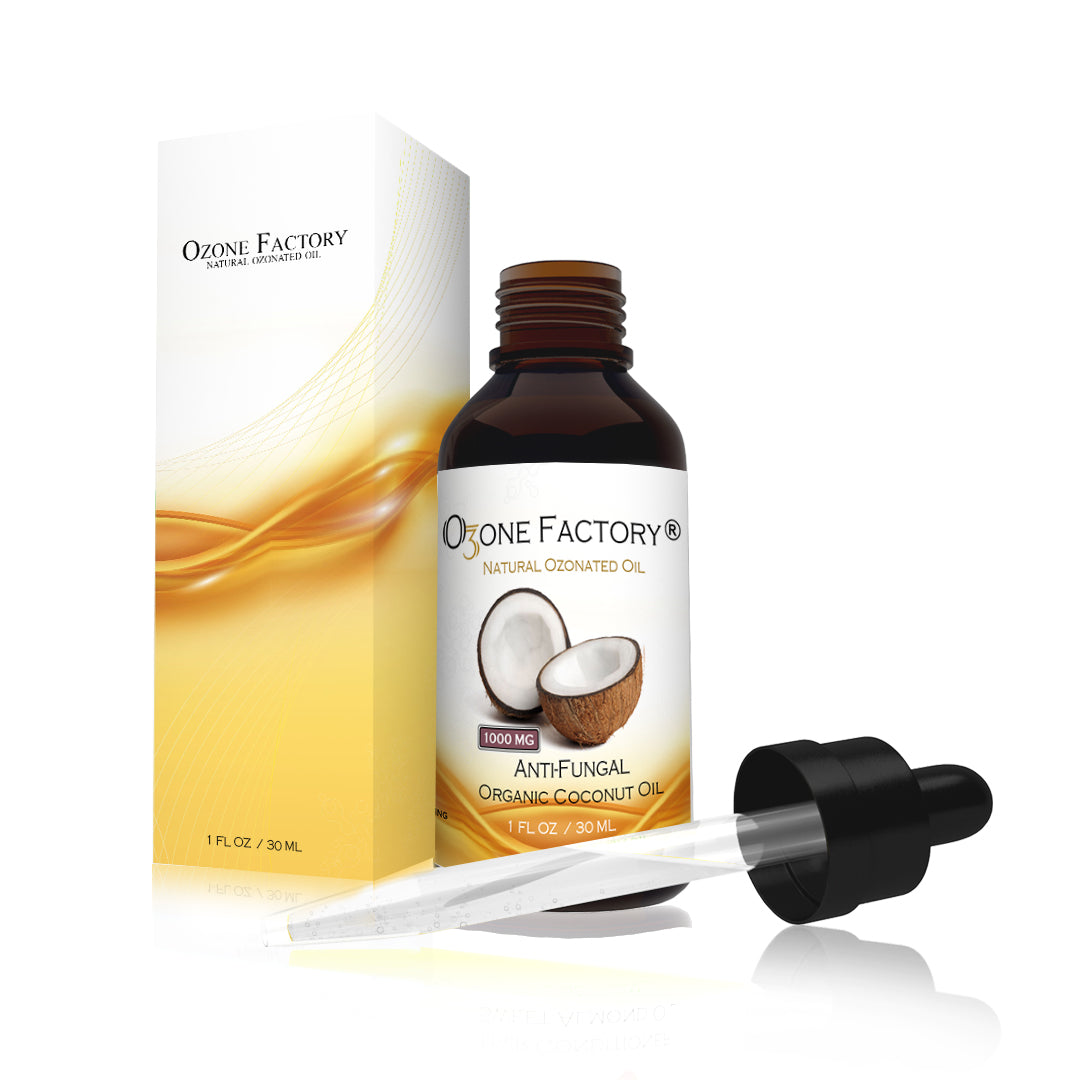

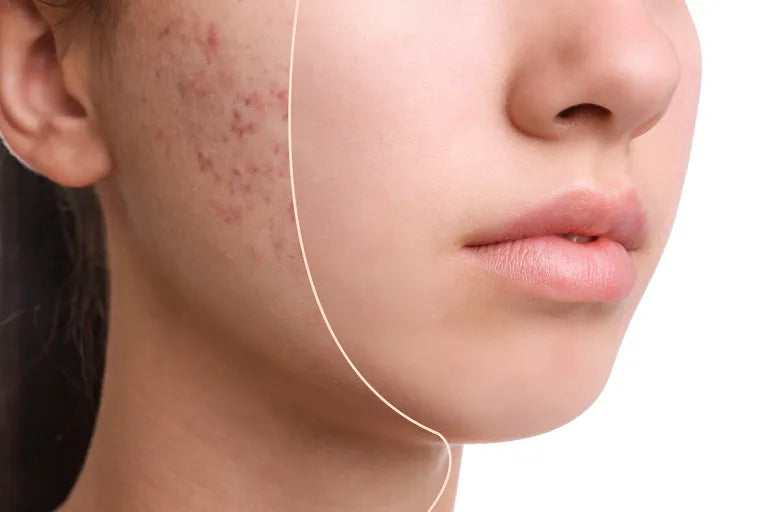
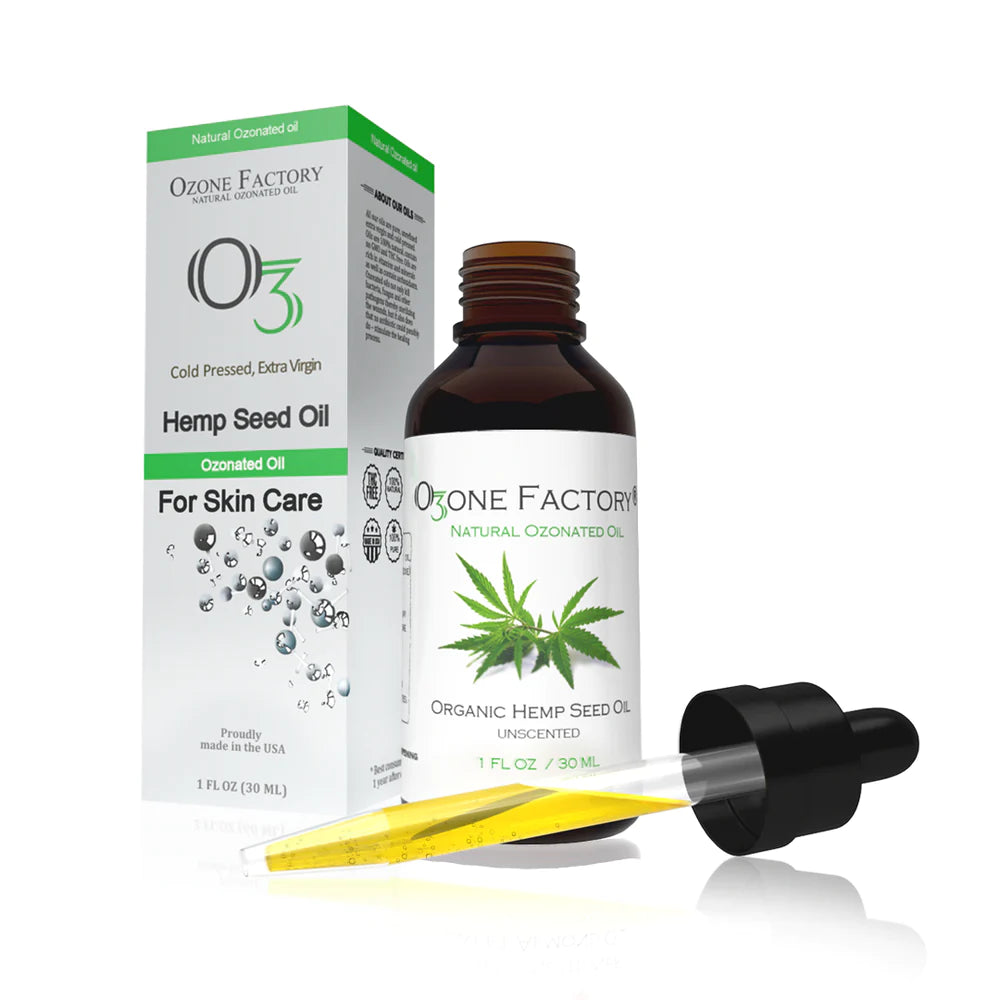
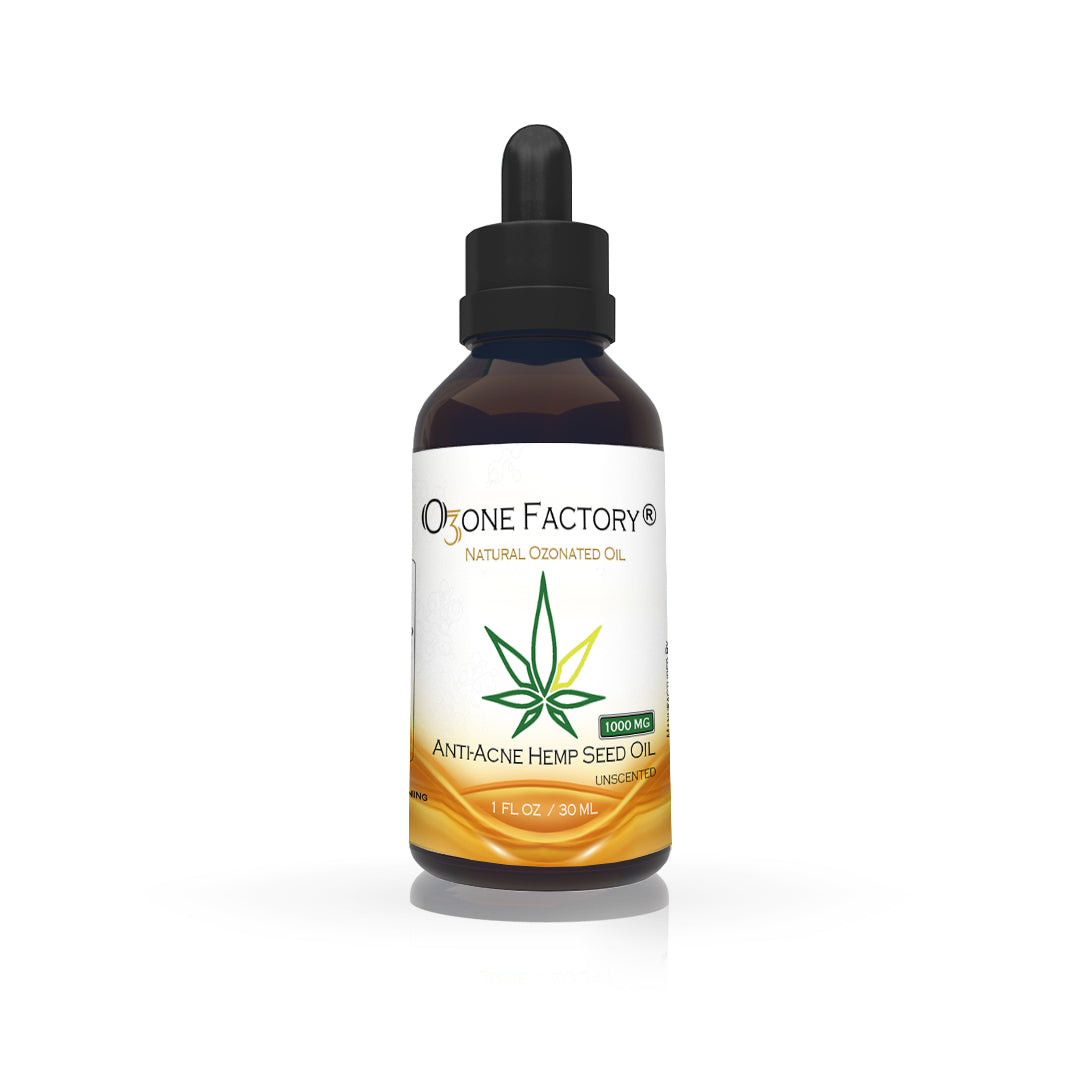
Ozone does NOT make olive oil turn rancid. It has been used for decades. The above comment by James is a theoretical one
This is another testimony on how Chief Dr Lucky cured my HIV disease. Do you need a cure for your HIV disease? Do you want to be cured from your cancer disease? Or you want to be free from any type of disease. Kindly visit https://chiefdrluckyherbaltherapy.wordpress.com/ . He just cured my HIV disease and I’m very grateful to him, he is the only herbalist that can cure you.
WhatsApp number : +2348132777335
Via Email : chiefdrlucky@gmail.com
Thank you all for reading,
God bless"
This is another testimony on how Chief Dr Lucky cured my HIV disease. Do you need a cure for your HIV disease? Do you want to be cured from your cancer disease? Or you want to be free from any type of disease. Kindly visit https://chiefdrluckyherbaltherapy.wordpress.com/ . He just cured my HIV disease and I’m very grateful to him, he is the only herbalist that can cure you.
WhatsApp number : +2348132777335
Via Email : chiefdrlucky@gmail.com
Thank you all for reading,
God bless"
Ozone does not dissolve in oil. If there is any O3 in a bottle of oil, it will make it go rancid. Ozone attacks the closest available vulnerable bond, and in any oil that’s unstaturated (liquid at room temp) that bond will be the double bond of the unsaturated fatty acid chain.
Ozone is an important but also corrosive and destructive molecule. It should be fine to ingest, but will react with the first and easiest to oxidize thing it comes into contact with. It will never make it past your stomach, if it makes it that far.
It’s important for cleaning food, teeth, water, and for industrial applications. It cannot be dissolved in oil to any appreciable extent and to the extent it can, will only oxidize the oil.
I.e. there is nothing in ozonated oil but partially rancid oil.